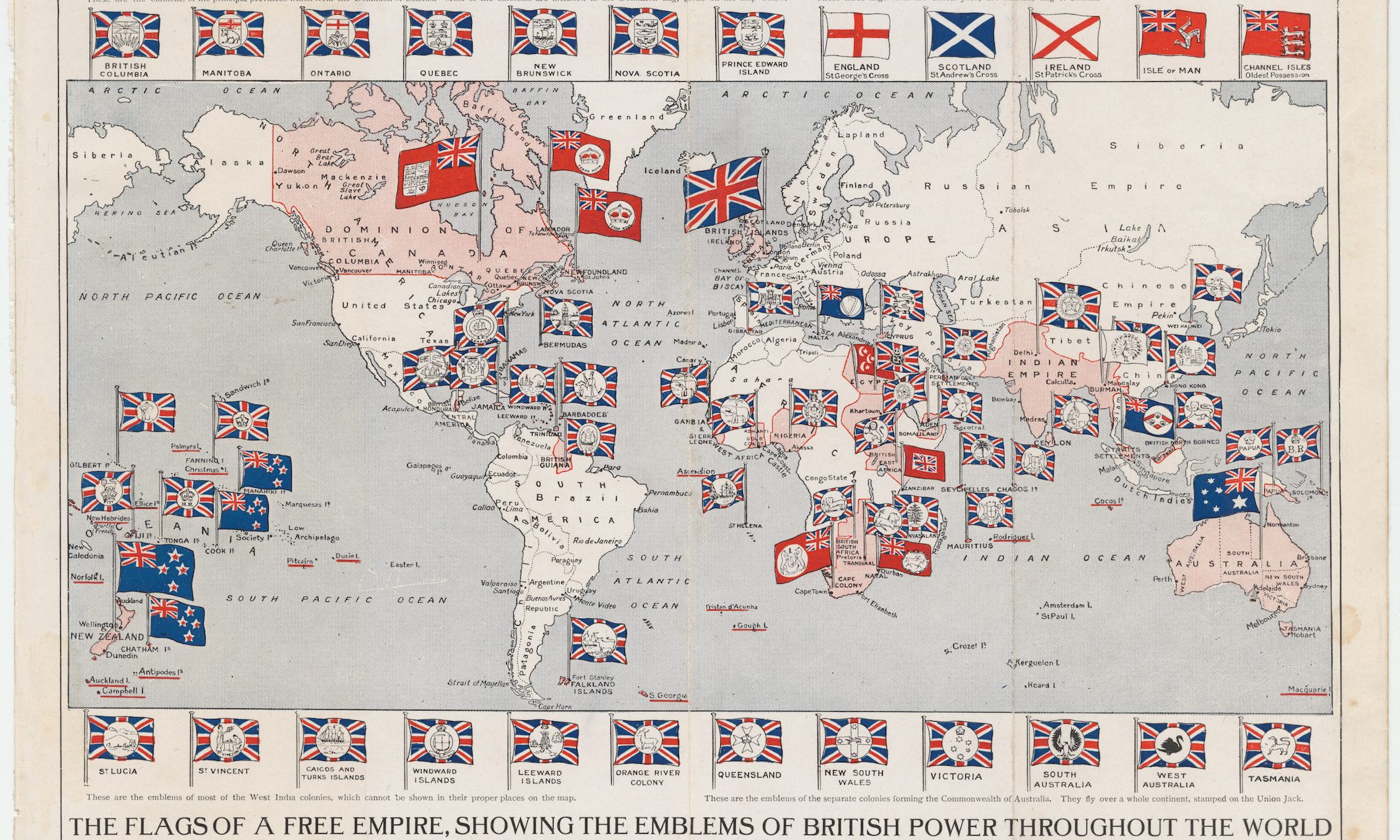 Originally published 7 August 2016, but lost in the Great Server Mistake of 2017. I’m reposting here.
Originally published 7 August 2016, but lost in the Great Server Mistake of 2017. I’m reposting here.
Like many people on the Internet, I enjoy selected conspiracy theories (for the record, my favorite remains the ones concerning Denver Airport). Read what follows in that spirit–except that I’m also quasi-serious.
I think the name of Phoenix, Arizona, reflects crypto-Confederate propaganda hiding in plain sight. My evidence for this is entirely circumstantial, but it seems a much better story than the received wisdom that it commemorates the rebirth of civilization on a site originally settled by the Hohokam people.
The early history of Phoenix seems a bit obscure, assuming that my nearly 15 minutes of googling constitutes an exhaustive search. The town was officially founded in 1867, and the received wisdom holds that it was named (perhaps by Jack Swilling, perhaps by Darrell Duppa) because it would be founded near (or on?) a series of ruined canals left by the Hohokam.
Let me be polite. I don’t think this makes any sense and a couple of hours’ Googling makes clear that there’s apparently no evidence to support the Hohokam Memorial interpretation of the name’s significance. There is, however, a lot more evidence to support my alternative Confederate Memorial interpretation.
Some disclaimers follow. I don’t actually Believe this theory in the same way I believe my academic theories. Think of this more as a parlor game that took on a surprising amount of plausibility–and which happens to be more parsimonious than the Hohokam Memorial interpretation, for which there appears to be equally as much (that is, no) evidence as for my theory. Finally, you should know that a big piece of my credence in the Confederate Memorial Theory derives from a kind of law of conservation of prejudice–that people who are prejudiced will continue to hold those prejudices unless some massive shock corrects them.
So let’s think for a bit.
Jack Swilling, the founder of Phoenix, had arrived in the New Mexico-Arizona area in the 1850s after growing up in the states that would later attempt to secede and found the Confederate States of America. Swilling fought for the Confederacy as a part of Confederate Arizona, although later in the war he switched sides and became a civilian employee of the Union Army (by that time, though, the writing was on the wall for trans-Mississippi Confederate hopes). And Swilling’s original proposed name for the new settlement was … Stonewall, after Confederate General Stonewall Jackson.
The Hohokam Memorial story holds that “Stonewall” and other ideas were rejected because a drunken Brit passing as a fake lord, Phillip Darrell Duppa, suggested that “Phoenix” would commemorate a new civilization rising from the ashes of the former Hohokam civilization.
What does the law of conservation of prejudice think is more likely? That a group of ex-Confederate entrepreneurs, fraudsters, and drunks would choose an enormously literate name celebrating a dead Native American civilization …. or that they would try to mask their pro-Confederate sympathies by choosing a name with a nice double meaning?
For context: After the Civil War, a lot of Confederate true believers fled the Confederacy to get away from the Union and (among other things) its ideas about racial equality and destroying the planter class in the South. These Confederate exiles set up colonies throughout the Western Hemisphere, of whom the most famous are the Confederados in Brazil.
So if you were a new town founder who wanted to attract people to your city in the middle of nowhere, how would you signal to people that they should move there? Perhaps you could talk about how your community would be like-minded. Hence, for instance, “Stonewall”. But if you go too obvious, then the Union (which, after all, ran the place) might take reprisals or otherwise seek to block your new town.
Going subtle, however…
What else might “Phoenix” mean? Let’s assume that Phoenix was meant to rise from the ashes of a previous civilization. But the Hohokam had literally not left ashes behind–they left canals and ruins, but their civilization died of drought, not fire. However, the South had recently seen its cities burned as its civilization (understood as a way of life) had been ended by the North. So which civilization, exactly, was going to be reborn from ashes?
The most speculative part of this is that Swilling, Duppa, and others had the germ of an insight that would later prove true. Canals mean water, and water means the possibility of cultivation in the desert. During the war, as was well known, another irrigation system in the desert had led to the cultivation of cotton in the Egyptian Nile. Although cotton cultivation wouldn’t become a major part of Arizona’s economy until the early twentieth century, it’s not outside the realm of possibility that something like this was in the minds of Swilling et al.
In other words, the origin story for Phoenix makes a lot more sense if we take its name as a signal to Confederates that they could settle there, not as an homage to a people who had vanished centuries ago. Speculative? Yes. Plausible? I think so. Parsimonious? More than its competitors. Crazy? Very possibly!
